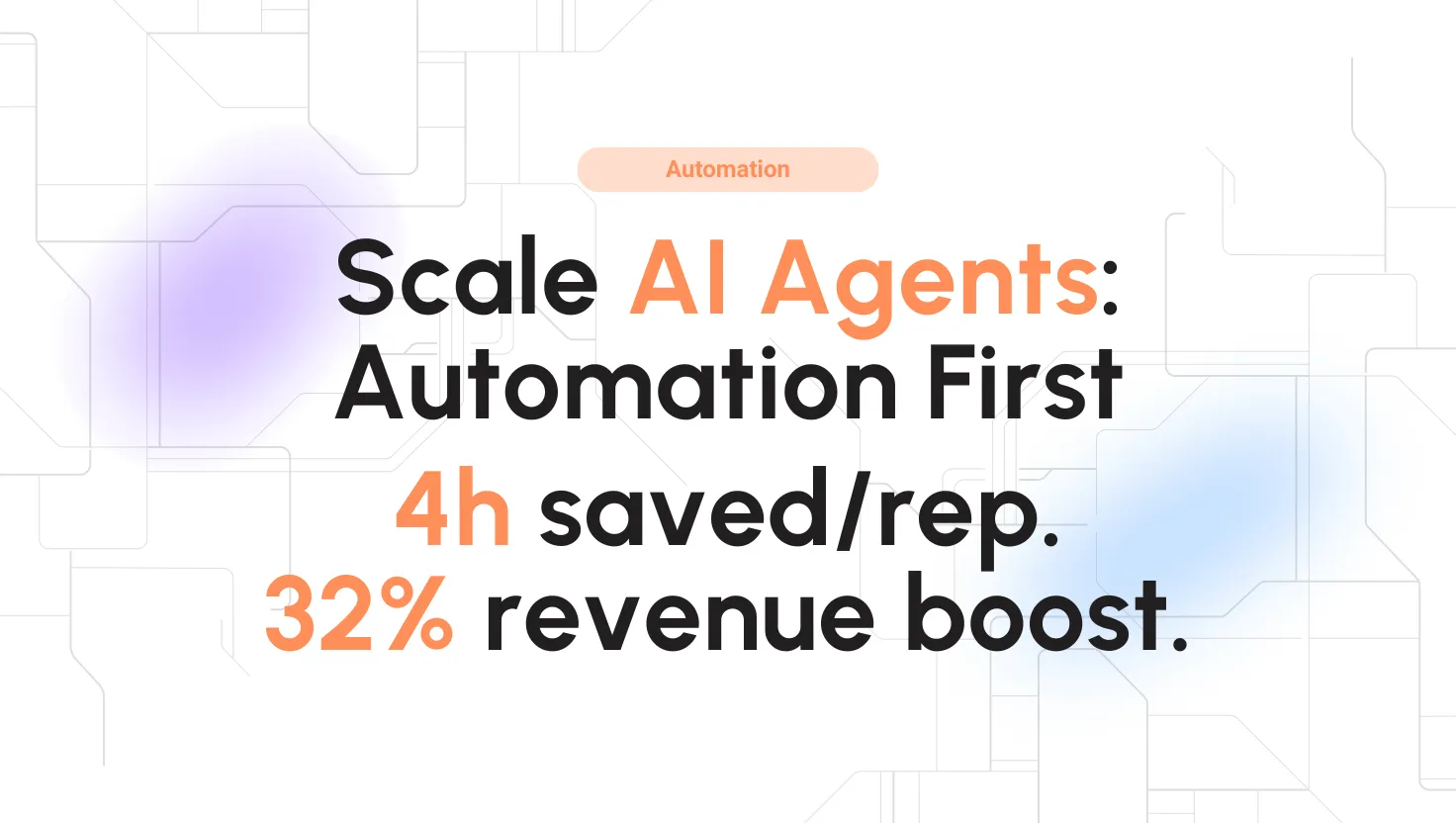The future of Business Intelligence is set to transform how organizations utilize data to stay competitive. Business intelligence, or BI, is the process of collecting, evaluating, and transforming data into useful insights that direct business decisions. It is important, as shown by the fact that 67% of high-performing businesses employ BI and analytics solutions.
Moreover, 79% of corporate executives consider these instruments and procedures essential for their organization’s performance.
Thereby business intelligence tools and data analytics and are in high demand. The growing significance of data in corporate operations can be seen in the estimation that the market for BI software will reach $13 billion by 2025.
Utilizing BI dashboards, reports, and data visualizations gives firms a competitive advantage, more revenue, and improved efficiency. As technology advances, key trends will continue to influence how BI and data analytics develop as technology advances.
Top Trends Shaping the Future of Business Intelligence
The usage of data by organizations is changing, and these developments will play a major role in shaping the future of business intelligence. These BI trends are influencing how firms approach decision-making as well as the tools that are available. Here is a list of the most important ones:
Artificial Intelligence & Machine Learning Integration in BI
Artificial Intelligence (AI) and Machine Learning (ML) are becoming essential for business intelligence. By automating processes like data preparation and cleansing, these technologies help businesses make it possible to examine vast amounts of data more quickly and easily. AI and ML augment predictive analytics to produce even more accurate forecasts.
Natural language processing facilitates easier consumer-data interaction by allowing users to request data in standard English. Additionally, AI can automatically create images and intelligent suggestions, which can help organizations discover patterns and make decisions faster.
Predictive & Prescriptive Analytics
The main goal of predictive analytics is to project future events using past data. It assists companies in predicting consumer behavior, identifying possible hazards, and identifying opportunities. Businesses utilize predictive models, for instance, to better target customers, optimize pricing, and forecast money.
These tools help organizations remain on top of the competition by providing increasingly precise predictions as they develop.
Going one step further, prescriptive analytics recommends what to do in response to predictions. Businesses can use it to understand potential outcomes better and determine how to optimize decisions like inventory planning and supply chain management to achieve desired results.
Self-Service BI Platforms
Not just data experts may now access data analysis thanks to the growth of self-service BI tools. Without assistance from IT specialists, non-technical users can now independently analyze data and generate reports thanks to these technologies. Some key features are simple drag-and-drop interfaces, question-asking in plain language, automatic data discovery, and visualization suggestion functionality.
Additionally, they provide collaboration tools so groups may exchange and talk about the results. This approach reduces the effort for trained analysts by enabling more people to make decisions based on data.
Data Governance and Security in the Future of Business Intelligence
Data security and governance are becoming more crucial to business intelligence as data privacy laws tighten. The main goals of modern BI solutions are sensitive information masking, access restriction, and source tracing.
In order to comply with regulatory norms, they also provide features for compliance reporting and auditing. Businesses may better manage and interpret their data by integrating with data catalogues. Robust data governance guarantees dependable and safe insights, building trust in firms’ data-driven decision-making.
Increased Focus on Real-Time Data Processing
Business intelligence will increasingly prioritize real-time data processing in the future. The demand for real-time analytics is rising as companies work in stressful environments. This involves integrating streaming data, monitoring real-time data using dashboards and alarms, and processing data faster with in-memory computing.
Edge computing further assists by processing data nearer to its source. By utilizing these technologies, organizations may take advantage of instant possibilities and react to changes quickly, making real-time BI a crucial tool for remaining competitive.
Why These BI Trends Matter for Businesses
To remain competitive, businesses must adopt the newest trends in business intelligence. Intelligent algorithms and predictive analytics simplify data processing and improve decision-making. More employees may access data analysis thanks to self-service BI tools, which increases agility.
Effective data governance guarantees security and adherence to regulations, while instantaneous processing enables companies to promptly adapt to changes in the market. When taken as a whole, these advancements aid businesses in decision-making, increase productivity, and maintain a competitive edge.
Benefits of Implementing Future BI Trends
- Improved Decision-Making: Accurate forecasts and deeper insights from advanced BI technologies let firms make accurate choices about their strategy.
- Operational Efficiency: Thanks to automated processes and simplified data management, employees may focus more on strategic responsibilities and become more productive.
- Better Customer Experiences: Businesses may react more quickly to the needs and preferences of their customers by using real-time data and powerful analytics, which improves customer satisfaction levels.
- Integration with Existing Tools: New BI solutions often integrate smoothly with existing software, enhancing functionality without disrupting current workflows.
- Cost Efficiency and Scalability: These tools offer scalable solutions that grow with your business, often reducing overall costs by streamlining data management and processing.
- Mobile Accessibility: Decision-makers may stay informed and make choices while on the go by using BI tools on their mobile devices, which increases their responsiveness and flexibility.
- Improved Data Visualization and Analysis: More sophisticated business intelligence technologies offer more dynamic and richer data visualizations, which facilitate the understanding of complex information and the gathering of useful insights.
Key Challenges in Adopting Future BI Trends
Data Integration
Integration and Quality are crucial for effective Business Intelligence. Combining data from different sources, especially older or unstructured systems, can be challenging. Ensuring that data is accurate and reliable is equally important, as poor quality can compromise the value of BI insights.
Cybersecurity Concerns
Data security and privacy require careful balancing. Businesses deal with more data than ever thanks to the growth of BI, which makes security and privacy important priorities. Regulations that are constantly changing, such as the GDPR and CCPA, make compliance more difficult to maintain while protecting sensitive data. To maintain customer confidence and guarantee regulatory compliance, financial investments in strong security measures and moral data practices are required.
Employee Training
There is a growing need for qualified business intelligence (BI) specialists, such as data scientists and analysts. Companies require industry and academic partnerships, as well as focused training and educational programs.
Investing in acquiring these skills is vital for making the most of advanced BI tools and maximizing their advantages. By addressing these issues, firms can successfully implement future BI trends and enjoy their benefits.
Resistance to Change
Adopting BI often means shifting from traditional decision-making to data-driven strategies. Overcoming resistance involves strong leadership, clear communication, and ongoing education to show the value of BI and ease the transition.
Conclusion
The future of Business Intelligence is changing quickly, and a number of major trends are influencing the way businesses use data.
Businesses are finding it simpler to obtain insights and take immediate action due to innovations like self-service BI platforms, real-time data processing, and the integration of AI and machine learning. These technologies contribute to better decision-making, boosting efficiency, and improving client interactions.
Businesses need to be aware of these trends and make the latest investments in BI solutions if they want to remain relevant. Companies that use these innovations are more able to make judgments, operate more efficiently, and provide higher-quality customer service.
Organizations may maintain a strong position in an age of data and make better use of what they have by implementing contemporary BI technologies and keeping up with current trends.



